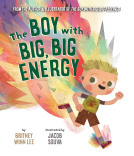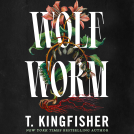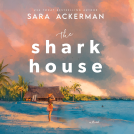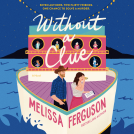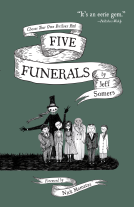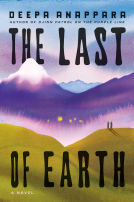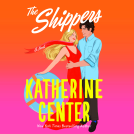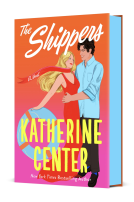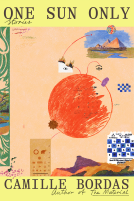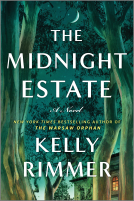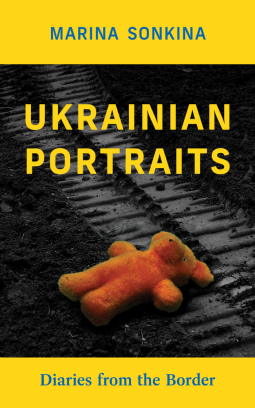
Ukrainian Portraits
Diaries from the Border
by Marina Sonkina
This title was previously available on NetGalley and is now archived.
Send NetGalley books directly to your Kindle or Kindle app
1
To read on a Kindle or Kindle app, please add kindle@netgalley.com as an approved email address to receive files in your Amazon account. Click here for step-by-step instructions.
2
Also find your Kindle email address within your Amazon account, and enter it here.
Pub Date Sep 01 2023 | Archive Date Dec 15 2023
Talking about this book? Use #UkrainianPortraits #NetGalley. More hashtag tips!
Description
Marketing Plan
Promotional campaign (Canada) with a local focus (BC/Vancouver). Pitches to print and radio/tv media. Focus on national media and on the Ukrainian community. Readings across BC. Submissions to literary festivals on the West Coast. Pitches to major US media.
Publicity by Guernica & River Street Writing
Available Editions
| EDITION | Other Format |
| ISBN | 9781771838542 |
| PRICE | $17.95 (USD) |
| PAGES | 120 |
Available on NetGalley
Average rating from 6 members
Featured Reviews
Marina Sonkina emigrated from Russia and knows how life or death can hinge on a single event, like Putin’s decision to invade a sovereign nation. In her case, had Stalin lived a matter of weeks longer, Marina would not have traveled to Poland in 2022 to help Ukrainians fleeing the war or write a book about it. Indeed, it is likely she would not be alive. The trains were staged to deport Jews to Siberia before Stalin’s death. She, a toddler and Jewish, would have been on it.
During her stay at the border, Marina helps many navigate a forced evacuation, most with little more than what they can carry. She encourages them to trust that Europeans want to help them, that they don’t think of them as swine, won’t steal their children for personal slaves, as Putin’s poisonous propaganda warned. She knows they will find empathy and support, returning to Ukraine one day with an empiric understanding of life in Western democracies.
This diary is a quick read and puts names and faces to those whose lives Putin is piteously destroying.
Thank you to Guernica Editions and NetGalley for providing this eARC.
This book is written like someones diary of their experiences working with refuges on the boarder of Ukraine — the stories she heard from the refuges —boils the blood — and makes you feel helpless — and makes you wonder what you yourself would do when faced with such situations . An example and narrative of history as it happens — we have to ask ourselves — why do we allow history to continue to repeat itself. It was wonderful though to read about the work that volunteers did and the stories heard from the refuges on the borders of Ukraine.
Thank-you for Netgalley and Guernica Editions for this ARC . This is my honest review.
This is abook about the war that is devastating a european country, Ukraine, while Europe (and the world) stands by, watching (a familiar attitude, may I add).
Sonkina transfers us at the Polish border, at the beginning of the war and presents to us the people that are affected by it; immigrants looking for safety and a temporary home till they are able to return. I found the personal stories of the people she met very touching and heartbreaking, and her efforts to console them a tad naive. I do agree with her, and hope that Ukraine will prevail, but I wanted to read less of her own thoughts and more of the people in the camps.
An interesting read overall.
Thank you, NetGalley and Guernica Editions, for the advanced copy in exchange for my honest review.
 Bookseller 1208250
Bookseller 1208250
Marina Sonkina is a Canadian writer of Russian and Jewish origin. When Russia's full scale invasion of Ukraine started in 2022, she went to Poland to volunteer with refugees from Ukraine at the border. This slim volume is a collection of her memories of this chaotic and terrible time, stories of the lives forever damaged and changed from this war, tied together with memories of her upbringing in Stalinist USSR and her opinions on Russia's turn to fascism. This was a quick, devastating read. I think it is appropriate for both readers with a background in Eastern Europe and understanding of the war, as well as people unfamiliar with the subject. I wish she had used Ukrainian spellings of cities instead of the older Russian transliterations.
